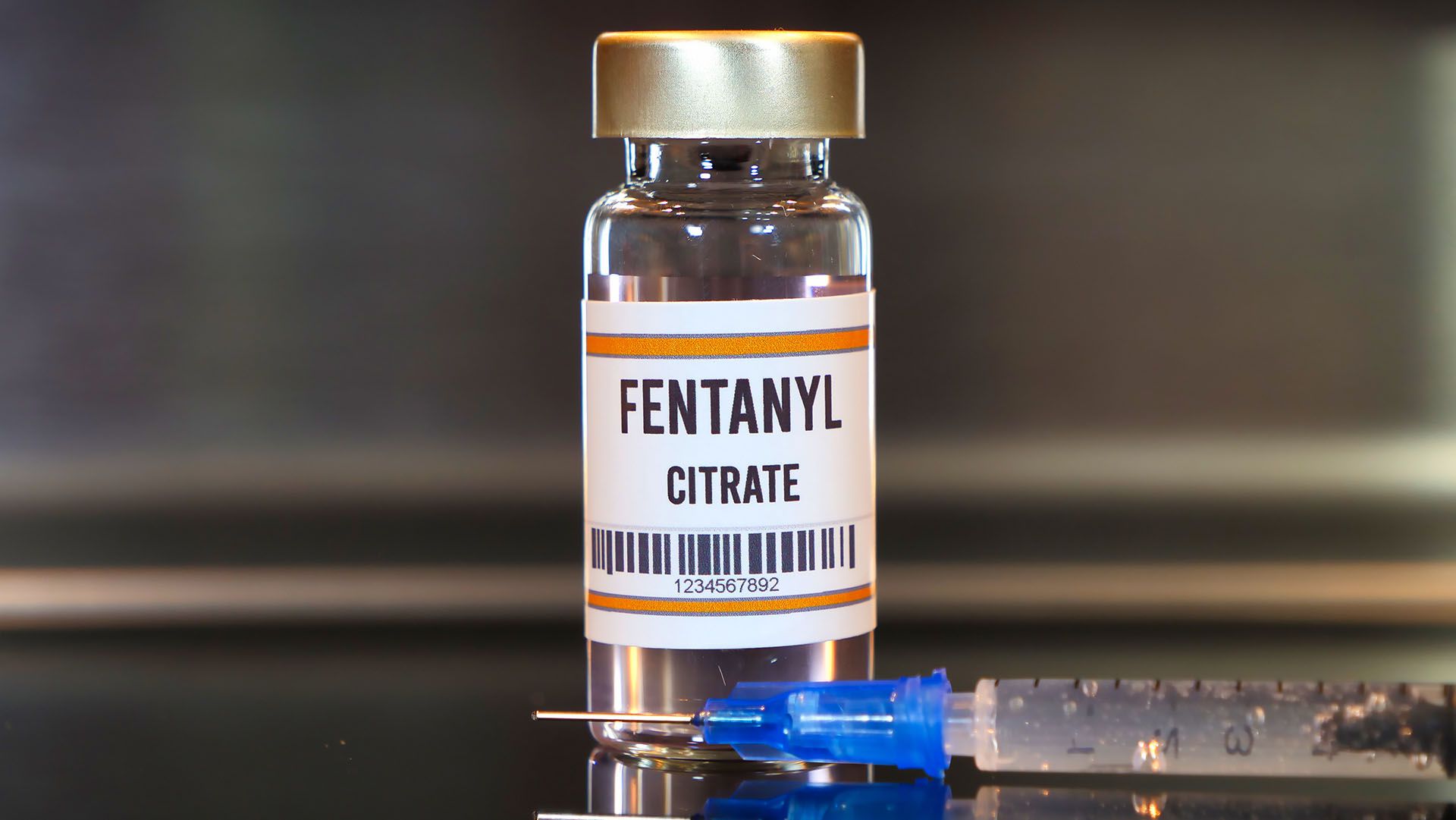Drug Addiction Therapy Explained
Every year, nearly 25 million people need drug addiction treatment, but just a fraction get the assistance they need. In a society that treats drug addiction as a personal failing, not a disease or a product of an unhealthy culture, it makes sense that many struggling addicts would avoid drug addiction treatment. After all, the thinking goes, it’s too hard to quit, and addiction is a personal failing anyway, so why bother?
Not so fast. Addiction isn’t something you chose. It’s a disease, just like heart failure or cancer. And like any other disease, it warrants prompt and effective treatment. Drug addiction therapy forms the cornerstone of any good treatment program, so when you begin exploring your rehab options, make sure you choose a place that offers comprehensive therapy from a counselor who specializes in addiction and substance abuse.
Why You Need Therapy: The Disease Model of Addiction
It might seem strange to conceive of addiction as a disease, particularly since no one forces the addict to use drugs. But prolonged use of alcohol or drugs changes the way your brain responds to these substances. Eventually, your brain becomes so dependent on alcohol or drugs that it will do anything to get them. Failure to continue using will produce unbearable withdrawal symptoms, and in some cases, these symptoms of withdrawal can even endanger your life.
Therapy helps you steadily change the way your brain reacts to drugs and alcohol. If you experience intense detox symptoms, drug addiction therapy alone won’t be enough, but it is an important tool in your arsenal against addiction. Of course, not all therapists are equal. You need a therapist who specializes in the disease of drug and alcohol addiction, since he or she will have the necessary skills to walk you from your first day of sobriety well into the journey toward recovery.
What Happens in Addiction Therapy?
Therapy sessions are as unique as the individual addicts who pursue therapy, but don’t think for a second that therapy is about just talking about your feelings—indeed, if that’s all you do in drug addiction therapy, you’ve chosen the wrong therapist.
Instead, the process begins with getting to know you and your values. Good therapists listen without judgment, and can help you find a treatment program that comports with your values, so steer clear of any counselors who force a specific religious or political ideology down your throat.
From there, your therapist will work to understand the nature of your addiction—how often you use, when you use, the effects your use has both in the long and short term. Your therapist will also explore with you why you use. For example, you might have a history of abuse or trauma, rely on drugs to cope with mental illness, or turn to drugs when you’re feeling stressed, bored, or unloved.
Once your therapist has a clear understanding of the factors that trigger your drug use, he or she can begin working to help you resist the temptation to continue using. Some common strategies include:
- Helping you gain insight into your own and other people’s motives, since doing so can help you stop the process of automatic negative thoughts that so often leads to drug use.
- Teaching you to slow down your thoughts, and notice thoughts that contribute to your cravings.
- Offering you assistance to manage troubled relationships.
- Helping you establish better-coping skills for managing stress, anxiety, depression, and any underlying mental illness with which you may struggle.
- Educating you about the disease of addiction.
- Offering specific strategies designed to help you improve your quality of life.
How Long Do I Need Therapy For Drug Addiction?
Drug addiction therapy, like drug addiction treatment, has no predetermined length. Instead, the length of time you’re in therapy depends on your specific needs, how often you attend sessions, and how quickly you progress. At a minimum, you should stay in therapy until you have achieved sobriety and your cravings are no longer interfering with your day-to-day life. If you stick with therapy for a shorter period, you may find yourself relapsing.
Some addicts continue with therapy for the rest of their lives, but this is unnecessary. If you find that you feel like you “need” your therapist forever, your therapist could be nurturing an unhealthy dependence. It’s fine to continue to return to therapy periodically when you need it, but you should not expect or commit to a lifelong relationship.
How Should I Choose Drug Addiction Therapy?
You wouldn’t buy a car without first test driving it. Therapy is the same. Not all therapists are equally competent or insightful, and because therapy happens in private, there’s little supervision. For this reason, you should do as much research as you can, reading online reviews and checking your therapist’s disciplinary record with your state’s licensing board. If a friend or loved one has had a good experience with a particular therapist, consider asking for a referral.
Once you’ve found a therapist you think might be a good fit, consider therapy a provisional undertaking, and use the first few sessions to “interview” your therapist. If you don’t like what you experience, you’ll need to try someone else.
Good therapists know that therapy works best when a patient is a good advocate for him or herself. For this reason, your therapist should never shy away from answering even the most direct, pointed questions. Before you agree to therapy, ask your therapist some or all of the following questions:
- What specific training do you have in the treatment of addiction?
- Have you ever been disciplined by a professional board?
- How long have you been a practicing therapist?
- What specific approaches do you use to treat addiction?
- Can you respect my values?
- What measures do you take to protect my privacy and confidentiality?
- How will I know therapy is working?
- What will be our treatment goals?
- How often will we meet?
- How much does each session cost?
- What if things get worse, or I disagree with something you suggest?
- Do you maintain professional relationships with other addiction experts?
- Can you meet with my family?
- Where did you go to school?
- What specific license do you have?
If you pursue therapy within the walls of a rehab center, you’re still entitled to ask questions, and to request a re-assignment if you don’t like your first therapist. The relationship between a therapist and his or her client is, according to the research, the single most important predictor of therapy’s success, so don’t make the decision about whom to seek therapy from lightly! Contact Addiction Rehab Centres Canada today!
Further Reading:
Drug Addiction Explained
Drug Addiction Treatment Programs
Am I an Addict?
Effects of Drug Addiction
Drug Addiction Symptoms
Family Therapy Program







